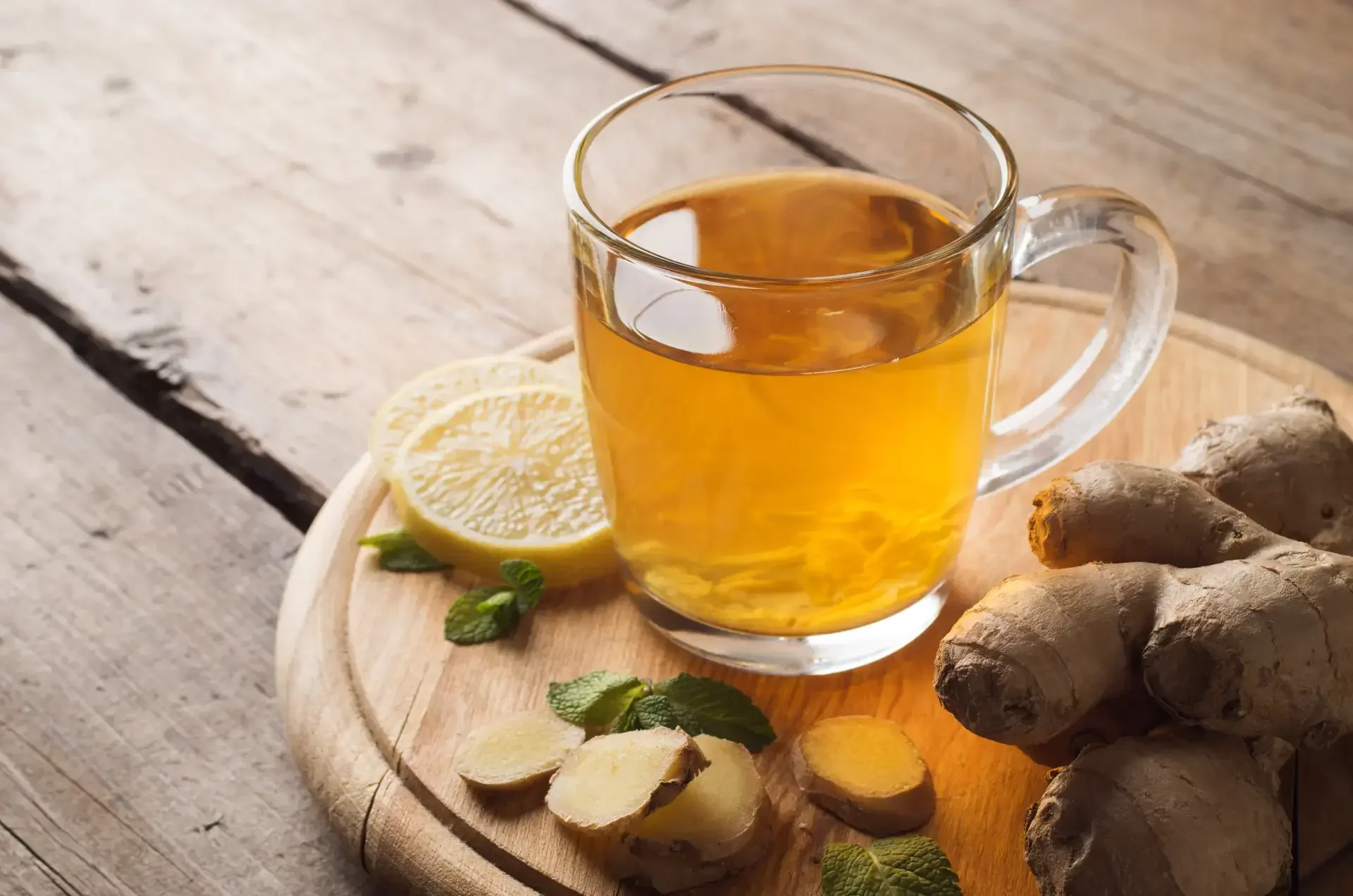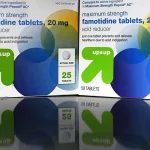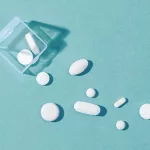Small quantities of ginger might help lessen acid reflux for some individuals, though additional research is required. Ginger is accessible as a powder, capsule, oil, or tea, and you can also incorporate fresh ginger into meals.
While OTC remedies and lifestyle adjustments can assist in managing acid reflux, certain natural options, such as ginger, may also ease symptoms.

Ginger plays a central role in traditional Chinese medicine. In modest amounts, its constituents may exert an anti-inflammatory effect on the digestive tract.
However, consuming too much ginger can lead to stomach upset and other digestive issues.
Continue reading to discover the potential advantages of taking ginger for acid reflux and when to seek medical advice.
Can ginger help acid reflux?
Ginger is abundant in compounds and antioxidants, including phenolic substances. These may offer health benefits, such as diminishing inflammation linked to acid reflux.
Additionally, ginger’s anti-inflammatory properties may assist in reducing stomach acid production. This could help relieve symptoms of mild acid reflux.
Small doses of ginger may also ease gastrointestinal irritation and inflammation in the esophagus.
Ginger may also promote quicker gastric emptying. This refers to the movement of food from the stomach into the rest of the digestive system.
Once food leaves the stomach and enters the small intestine, the stomach no longer needs to produce acid to digest it. Therefore, faster gastric emptying could reduce the chance of acid regurgitation, where stomach acid rises into the esophagus.
Ginger may also offer additional digestive benefits, including reducing:
- nausea
- bloating
- sensation of fullness
- epigastric pain (pain in the upper abdomen)
Ginger may help relieve nausea and vomiting associated with pregnancy as well.
There is not a robust body of research supporting ginger alone as a treatment for acid reflux. It is unlikely to be as effective as OTC or prescription medications. However, it may offer some benefit when used in combination with other treatments or for mild, occasional symptoms.
Does ginger increase stomach acid?
A 2023 review of studies indicates that ginger might help decrease acid production.
Nevertheless, scientists have not specifically examined ginger’s impact on acid production in relation to acid reflux and GERD (gastroesophageal reflux disease).
One 2023 study suggests that ginger could assist with functional dyspepsia (upset stomach with no identifiable cause). Functional dyspepsia can include symptoms such as:
- heartburn
- early fullness
- nausea
Further research is needed to better understand ginger’s effect on acid reflux and acid production.
How to use ginger to treat acid reflux
To use fresh ginger for acid reflux, begin by peeling the ginger root. Then, grate, slice, dice, or shave the ginger. You can consume it:
- raw
- as ginger tea, after steeping in boiling water for 15 minutes
- as a ginger shot
- in dishes like soups, stir-fries, or sauces
- pickled

You can also purchase ginger in powder form, as a supplement, oil, or tea. It’s advisable to consult with a physician before taking ginger supplements on a regular basis, since certain supplements may interact with other medications or cause side effects.
If you have acid reflux, sipping small amounts of liquid, including ginger or chamomile tea, may help you feel better.
Possible risks and precautions
Ginger is generally safe when taken as a supplement or in typical culinary or tea amounts. However, excessive ginger consumption, whether in supplement form or otherwise, can lead to side effects.
Possible adverse effects can include:
- digestive discomfort
- gas or bloating
- diarrhea
Other acid reflux treatment options
If home remedies, including ginger, do not alleviate your acid reflux symptoms, consider consulting a physician.
If your symptoms are mild and infrequent, OTC medications for acid reflux may be tried.
If your acid reflux symptoms are severe or persistent, a physician may order tests to identify the cause, such as GERD or a hiatal hernia.
If you have GERD, a doctor may prescribe prescription medications to manage symptoms and prevent complications, like damage to the esophagus. In some cases, surgery to repair part of the esophagus may be recommended.
The bottom line
Small amounts of ginger could be a safe and potentially effective remedy for acid reflux. However, like many alternative treatments, more research is necessary to confirm ginger’s efficacy for acid reflux.
If you decide to try ginger, inform your doctor so they can provide guidance and ensure there are no interactions with medications you may be taking. Your physician can also help if your reflux has become severe by suggesting appropriate treatment options.

























Leave a Reply
You must be logged in to post a comment.